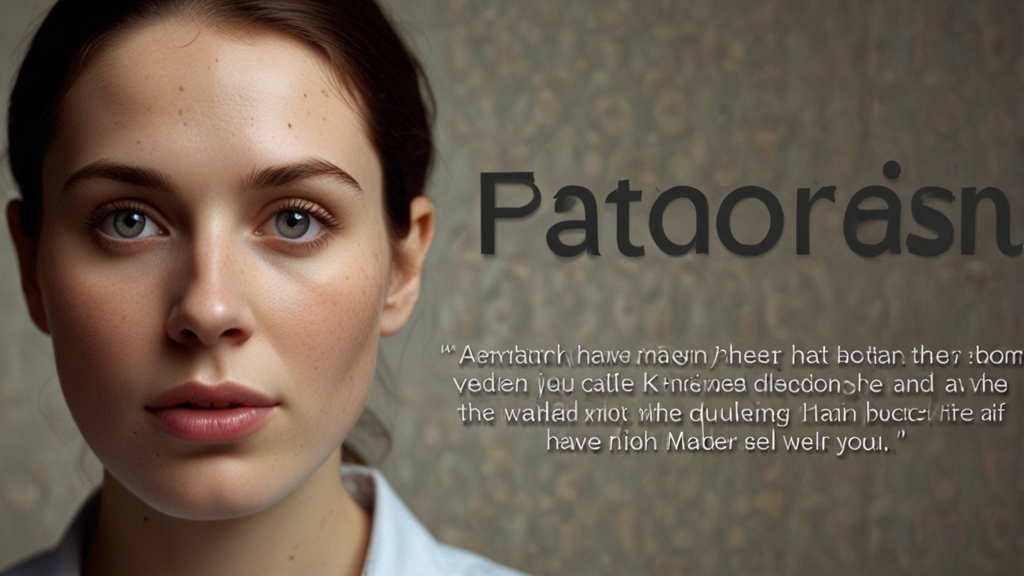The Fascinating History of Mindfulness From Ancient Roots to Modern Practice
Mindfulness, a term that has become increasingly popular in recent years, is far from a modern phenomenon. Its roots extend back thousands of years, cutting across cultures, religions, and philosophies. By tracing its journey from ancient civilizations to contemporary society, we gain a deeper understanding and appreciation of this timeless practice.
Ancient Beginnings
The earliest records of mindfulness can be traced back to ancient India, specifically within the teachings of Hinduism around 1500 BCE. The practice is mentioned in the Vedas, ancient religious texts that form the foundation of Hindu philosophy. The concept of mindfulness in these texts revolves around maintaining awareness during meditation and daily activities, a practice known as "Dhyana."
Mindfulness later found a profound expression through Buddhism, around 500 BCE, with Siddhartha Gautama, the Buddha, being one of its foremost proponents. The teachings of the Buddha emphasize "Sati," the Pali word for mindfulness, describing it as an essential part of the path to enlightenment. One of the key texts, the Satipatthana Sutta, outlines four foundations of mindfulness—body, feelings, mind, and mental objects—providing a structured approach to cultivate this practice.
Mindfulness in the East
As Buddhism spread across Asia, so did the practice of mindfulness. In China, it intertwined with Daoist and Confucian philosophies, creating unique approaches to mindful living. The Zen tradition in Japan, derived from Chinese Chan Buddhism, placed a high emphasis on zazen, or seated meditation, which prioritizes intense concentration and mindfulness.
These Eastern traditions maintained mindfulness as both a spiritual and practical discipline, essential not merely for religious experiences but for improving all aspects of daily life.
The Western Awakening
Mindfulness began to draw attention in the West much later, largely in the 20th century. This interest was sparked by scholars and travelers who encountered Eastern practices and brought them back to Europe and America. Psychologists and philosophers began to explore these concepts, seeing their potential for improving mental health and wellbeing.
"The real voyage of discovery consists not in seeking new landscapes, but in having new eyes." - Marcel Proust
This quote aptly describes the Western world's introduction to mindfulness; it wasn't about creating something new but rediscovering a timeless wisdom through a new lens.
Modern-Day Mindfulness
In the late 20th century, mindfulness received a scientific and clinical grounding, largely thanks to Jon Kabat-Zinn, a professor emeritus of medicine. In 1979, he established the Mindfulness-Based Stress Reduction (MBSR) program at the University of Massachusetts Medical School. This program and subsequent research demonstrated the effectiveness of mindfulness in treating various conditions such as stress, anxiety, and chronic pain.
Today, mindfulness has become mainstream, integrated into schools, workplaces, and even sports. It is often recommended as a complementary approach to conventional medical treatments. Mobile applications and online courses have made mindfulness accessible to anyone with a smartphone, democratizing a practice that was once confined to monasteries and temples.
"Mindfulness isn't difficult. We just need to remember to do it." - Sharon Salzberg
Modern mindfulness retains its ancient core but has adapted to contemporary needs. It is less about spiritual enlightenment and more about practical, everyday applications—though many still follow its spiritual path.
Conclusion
The history of mindfulness is a rich tapestry woven from the threads of countless cultures and epochs. While its expressions and emphases have changed, the fundamental goal—achieving a greater awareness and presence in our lives—remains constant. As we continue to face the complexities of modern life, mindfulness offers a timeless solution to maintain our mental and emotional well-being.











